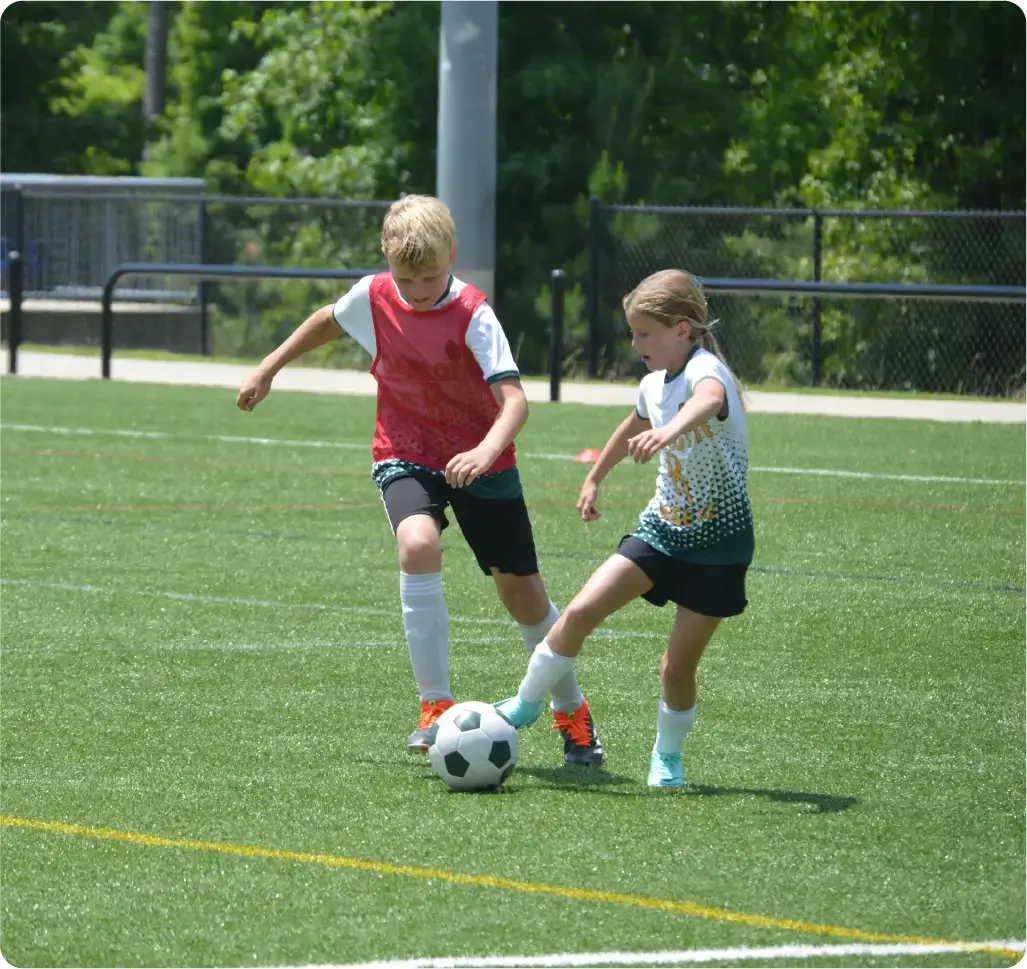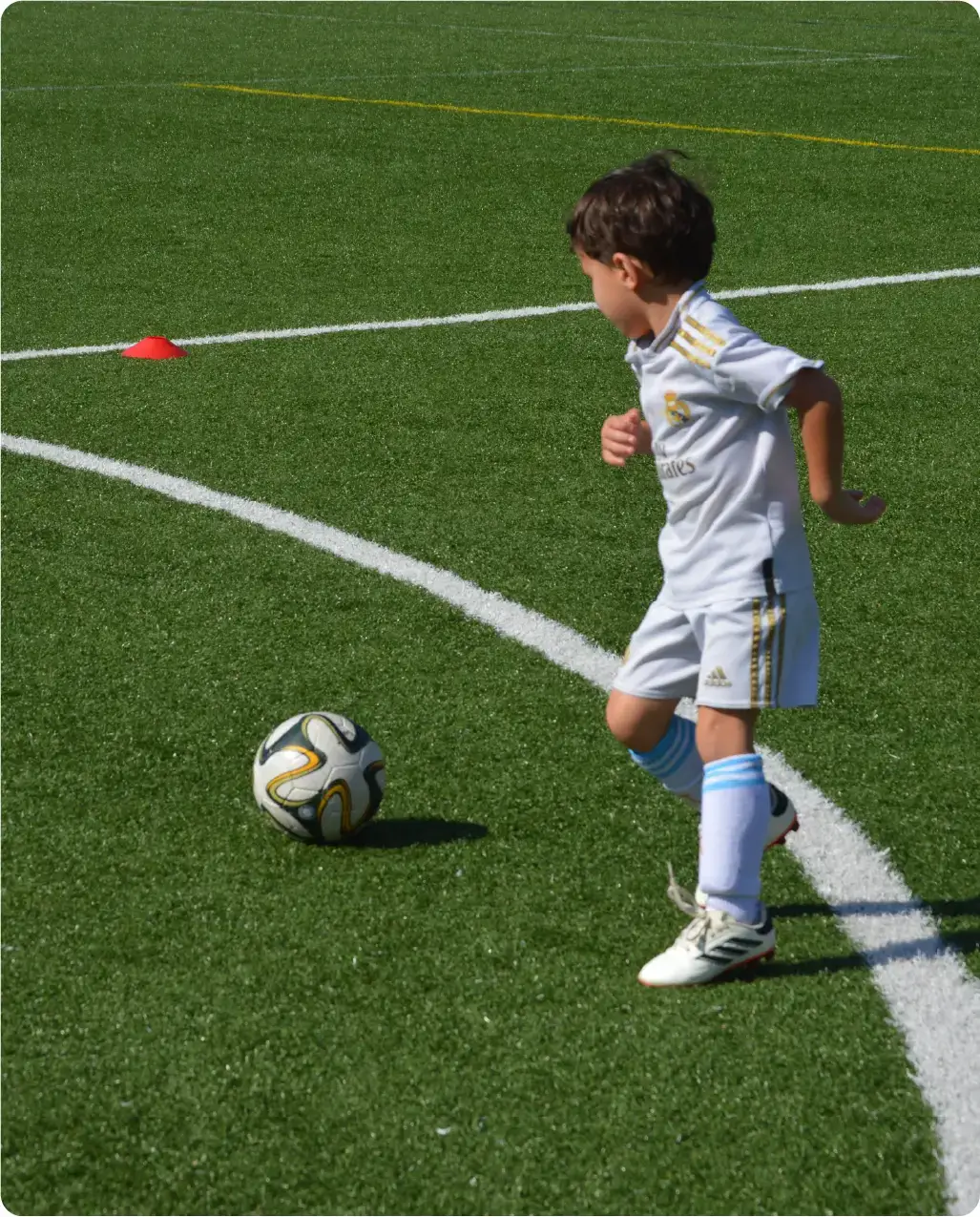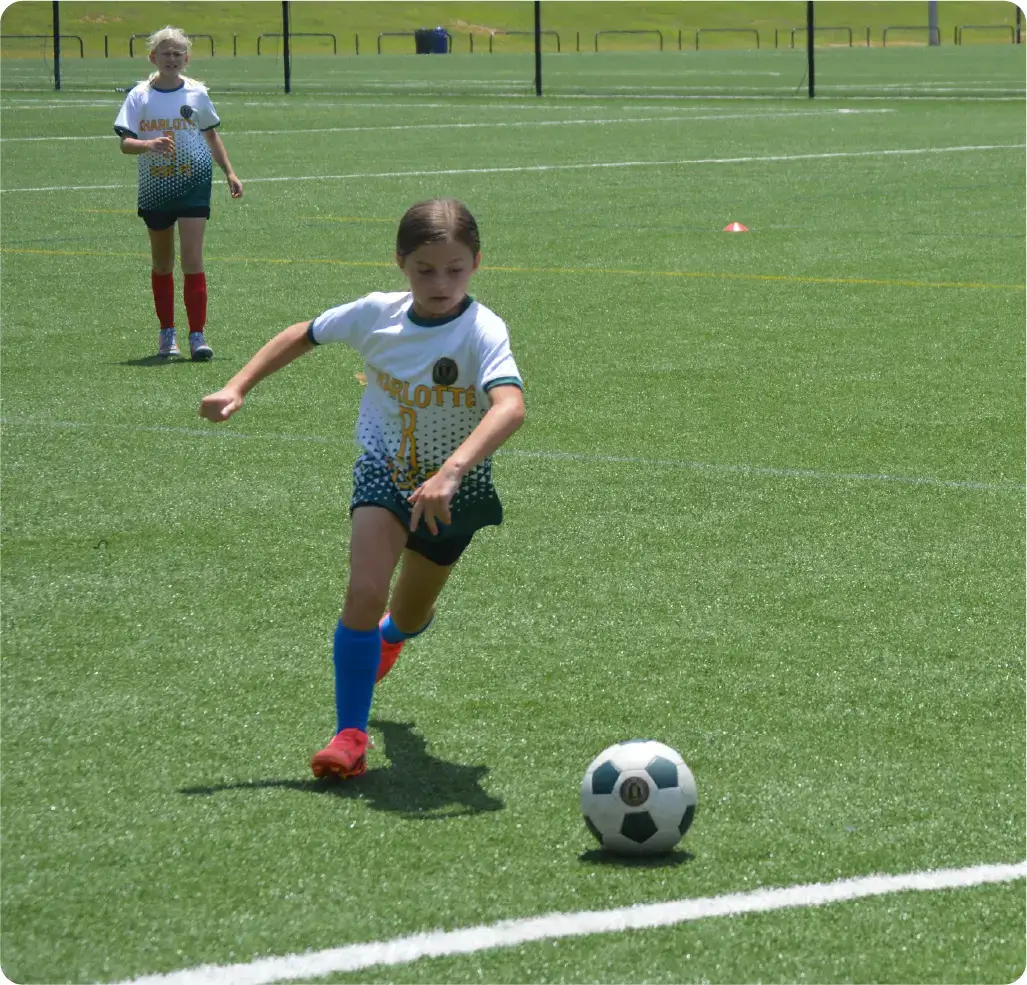CRFC
NEWSLETTERS
NEWSLETTERS FOR OUR LATEST EVENTS
In today’s busy world, taking care of our children’s mental health is more important than ever. One effective way to enhance their mental well-being is through physical activities. Among various sports, soccer stands out as a particularly beneficial activity for children. Let’s explore how playing soccer positively impacts children’s mental health, helping them grow into happy, healthy individuals.
The Mental Health
Benefits of Soccer
Physical Activity and Mental Health
-
Increased Physical Activity
Healthy Lifestyle Habits
Engaging in soccer from a young age encourages children to develop healthy lifestyle habits. Regular physical activity is crucial for maintaining good health, preventing obesity, and avoiding related mental health issues. Children who play soccer are more likely to continue leading active, healthy lives as they grow older.

Social Benefits

-
Sense of Belonging
-
Development of Social Skills
Soccer also helps children develop important social skills. They learn to communicate effectively with teammates, cooperate to achieve common goals, and resolve conflicts efficiently. These skills are valuable on the field as well as in everyday life, helping children interact positively with others.
Emotional and
Psychological Benefits
-
Enhanced Self-Esteem and Confidence
-
Stress Relief and Emotional Regulation
Soccer provides an excellent outlet for releasing stress and negative emotions. Whether it’s the excitement of scoring a goal or the challenge of a tough match, soccer helps children manage their emotions effectively. They learn to cope with both victories and defeats, building resilience and emotional strength.

Structure and Routine

Discipline and Responsibility
-
Regular Practice and Training Regulation
-
Time Management
Balancing soccer with academics and personal life teaches children valuable time management skills. They learn to prioritize tasks and manage their time efficiently, a skill that will benefit them throughout their lives.
Achievement and Motivation
-
Setting and Achieving Goals
-
Recognition and Rewards
Receiving awards and praise for their efforts in soccer provides positive encouragement. It builds resilience by teaching children to handle competition and appreciate both successes and challenges.

Long-Term
Mental Health Benefits

Lifelong Physical Activity
-
Sustained Physical Health
-
Positive Habits
Starting soccer at a young age helps establish positive habits that last a lifetime. Children learn the importance of regular exercise, healthy competition, and teamwork, contributing to their long-term happiness and health.
Social and
Emotional Development
-
Strong Social Networks
-
Emotional Intelligence
Through soccer, children develop better emotional intelligence. They learn to understand and manage their emotions, empathize with others, and navigate social situations with ease. These skills are crucial for personal and professional success in the future.


